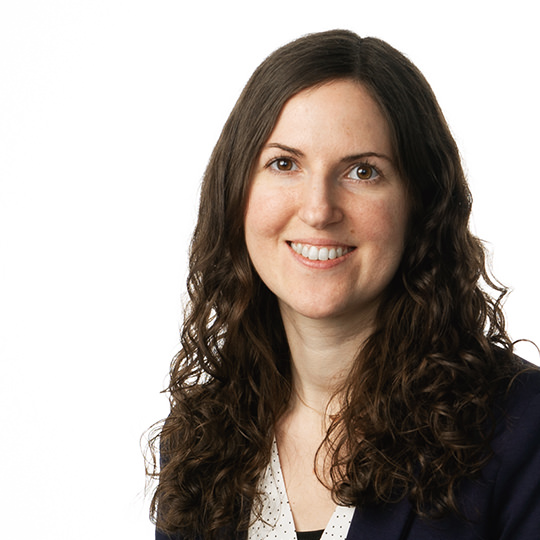On 3 December, the International Day of Persons with Disabilities raises awareness for the problems people with disabilities face in everyday life. This day is intended to promote commitment to the dignity, rights and well-being of these people. IMC Krems is proud of an example of successful equal treatment: Günther Matzinger, a graduate of IMC Krems and still closely associated with the university, makes it look easy.
Sport as a driving force and professional focus
Günther Matzinger has lived with sports all his life. For him, exercise is one of the most beautiful pastimes in the world. In 2012, he won two gold medals in the 400- and 800-metre distances at the Paralympics in London, setting European and world records. A plaque of honour at IMC’s location in Piaristengasse commemorates his triumph at the Paralympics. In 2013 and 2017, he became world champion in the 400-metre distance for the disabled. After his sporting success at the London 2012 Games, he became Austria’s first para-athlete to make the leap into the professional ranks.
In addition, Günther Matzinger completed the degree programme in Export-oriented Management at IMC Krems (now: International Business Management) and put his acquired expertise into practice as an entrepreneur. In parallel with sport, he started several projects such as a training app for black rolls or exercise illustrations for Intersport and thus also gained a foothold as an entrepreneur. “The business path developed from small projects at the beginning, which then became bigger and bigger,” says Matzinger. He also established Windhund 365, one of the leading platforms for company health management, and supports over 50 companies in the DACH region. His aim is to “pass on his enthusiasm for exercise and a healthy lifestyle to as many people as possible”.
Expertise from IMC Krems
He has very fond memories of his time in Krems, ranging “from the family atmosphere in Piaristengasse to the international touch and sociable evenings at the Heurigen to exciting stays abroad”. At the beginning, the commercial subjects and Spanish were a challenge because he had hardly any previous knowledge from his school days. “But as my studies progressed, I improved,” assures Matzinger, adding, “The highlights were a semester abroad in Madrid and a six-month internship in Beijing straight afterwards.”
How did he experience his disability as a student at IMC Krems? “During my studies, I never had the feeling that I was treated differently or that I was at a disadvantage because of my disability. My fellow students and professors accepted me for who I am, and that’s exactly how it should be,” assures the successful athlete and entrepreneur. “On the other hand, para-sport has opened doors for me that might otherwise have remained closed. In this respect, I no longer see my disability as a handicap, but rather as an asset and unique selling point”, he adds.
The fact that he is regarded as a role model for other people with disabilities is probably due to various factors – his self-image as well as the way approach him. “The more people with disabilities are in the public sphere and in all areas of life, the less fear of contact there is. Para-sport has played an important role in this. My 800m final in 2012 was the first para-competition to be broadcast live on Austrian television. A lot has happened since then, and para-swimmer Andi Onea even presents the sports programme at 8pm on TV from time to time,” says Matzinger.
Personalised support in challenging situations
Equal treatment requires an open mind, above all. “Participating in study programmes and work should be so easy that disability is no longer an issue,” says Matzinger. “If a university or company can achieve this, then they can also benefit from the potential and often above-average drive of these people.” Equal treatment is a principle of IMC Krems, which means that all people in challenging life situations receive special support in order to create the same study conditions for them as for others. A dedicated contact point ensures that people with chronic illnesses, physical or psychological limitations – whether permanent or temporary – receive support. Confidential counselling sessions focus on finding individual solutions and possible compensation for difficult situations. Free psychological student counselling is also available.
Matzinger emphasises this equality, which he was able to experience at IMC Krems, and gives all students a tip for the future: “Make the most of the time and the many opportunities available to you as a student. You can take away and try out so much. Although this is still possible later on, it will never be as easy as during your studies.”
Foundations for a career
Matzinger started out in investment banking after having completed his studies. After three years, when he won the Paralympics in London and was voted Athlete of the Year, many things changed. This success enabled him to find sponsors and embark on the path to becoming a professional athlete. His Export-oriented Management degree programme at IMC Krems gave him the tools for his later career: “The business degree programme addressed many areas that we come across again as alumni in the course of our entrepreneurial careers. This has made it relatively easy for me to familiarise myself with individual aspects and then apply the know-how to the daily challenges.”
Many people are infected by his dynamism and drive. When asked about his plans for the future, he emphasises once again what he focuses on: “When I give talks or hold workshops, my motivation is to inspire as many people as possible to be more active. Over the next few years, I want to continue to grow Windhund, gain a foothold in Germany, add more languages and achieve much more. The list is long, but the mission remains the same. However, it feels like I’m only at the beginning.”
Photo credit: © Chris Rogl; © Sandra Hallinger (on the right)







